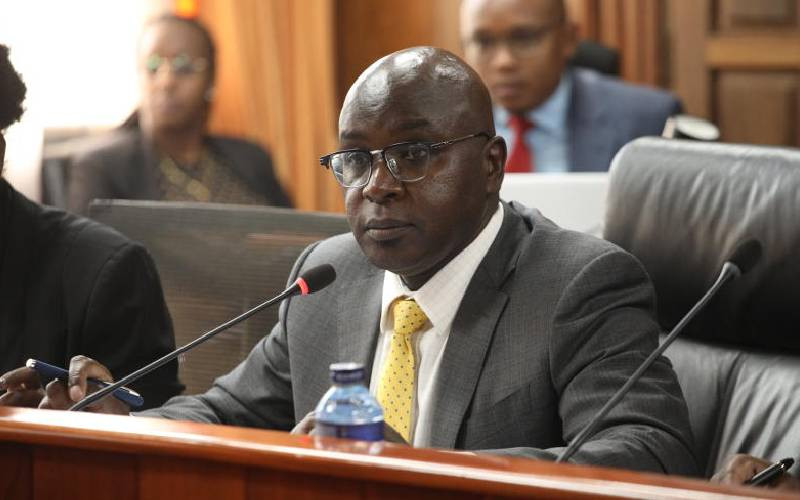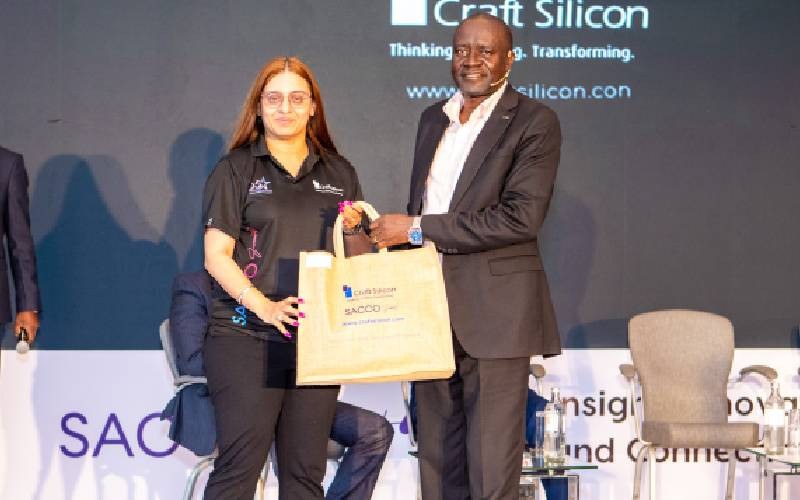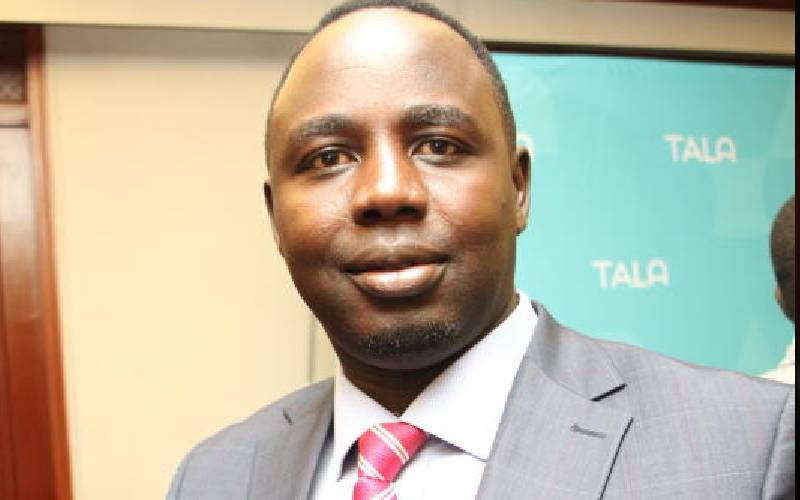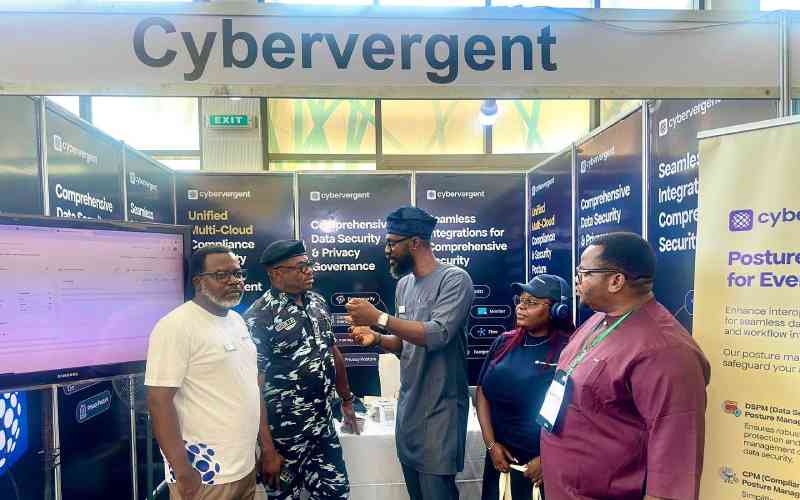
The Kenya Revenue Authority (KRA) has called on the national government to support counties in developing, implementing, and rolling out an Integrated County Revenue Management System (ICRMS).
The Senate was informed that the ICRMS, alongside other revenue-enhancement strategies, contributed to Nairobi City County’s record revenue collection of Sh12.81 billion in the 2023/2024 financial year—the highest since the onset of devolution.
KRA Commissioner General Humphrey Wattanga, appearing before the Senate ICT Committee, highlighted the Authority’s engagements with counties, including Nairobi, Kiambu, Kisii, Mombasa, Kisumu, and Marsabit.
“Our engagements reveal that most counties face similar challenges with inefficient revenue collection systems, which negatively affect their revenue performance,” Wattanga stated.
He further informed the committee, chaired by Trans Nzoia Senator Allan Chesang, that adopting a unified ICRMS across counties would boost local revenue, enhance transparency, accountability, inclusivity, and promote public participation in revenue collection.
Wattanga added that the system would address the high capital and operational costs and procurement challenges that counties face in implementing revenue systems. It would also resolve vendor management issues, including data ownership, inadequate knowledge transfer, capacity building, and conflicts with vendors.
“The system will establish a reliable revenue and customer data base by integrating with national government databases as a single source of truth, ensuring uniformity and standardisation in service delivery and revenue administration across counties,” he explained.
He noted that sharing information and data between the national and county governments would enhance service delivery and revenue collection at both levels.
The KRA Commissioner General said the ICRMS should cover end-to-end revenue collection processes, from customer applications, reviews, invoicing, and receipting to compliance management, enforcement, and revenue reporting.
“The system should integrate with professional bodies, such as the Board of Registration of Architects and Quantity Surveyors, the Engineers Board, and the Public Procurement Administrative Review Board. It should also connect with payment service providers, including banks and mobile money platforms,” he added.
“The ICRMS must provide access to relevant statutory bodies like the Controller of Budget, the Council of Governors, and the Commission for Revenue Allocation,” he said.
He expressed concern that most county systems only offer a payment gateway, lacking comprehensive revenue assessment and payment processes. “This leads to long service times and inconvenience for customers,” Wattanga said.
“Some counties have engaged external vendors for revenue administration systems, but these often suffer from frequent, prolonged downtimes, disrupting revenue collection and inconveniencing customers,” he added.
The KRA Commissioner General observed that the use of different vendors results in varied system requirements, designs, and architectures across counties, making it challenging for customers to access similar services consistently.
Stay informed. Subscribe to our newsletter
He pointed out that procurement for such systems often brings challenges for county governments, including unclear requirements, vendor-led contracts, and tendering disputes that disrupt services. In some cases, vendors charge a percentage of revenue collected, sometimes at unreasonably high rates.







